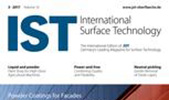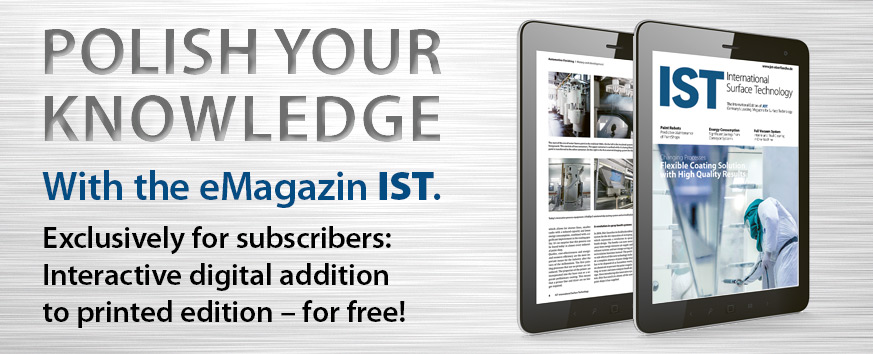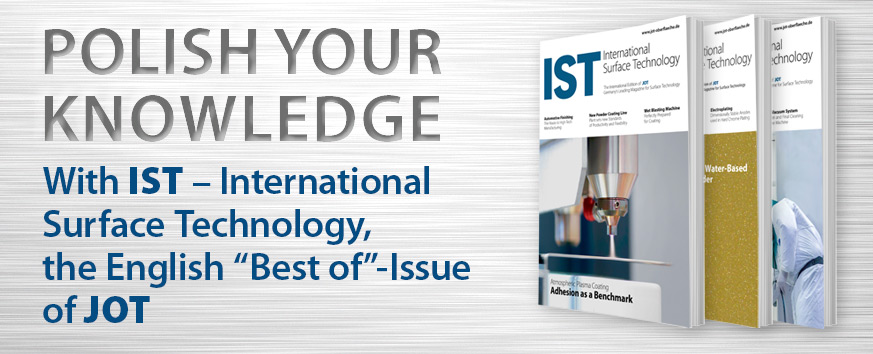Innovative galvanic coatings can make rolling bearings so robust that housings and lubricants become superfluous. This could increase the energy efficiency of wind turbines by up to 30 percent. The rolling bearing in the rotors of wind turbines is exposed to enormous frictional forces. In offshore wind farms and near the coast, steel also suffers from severe corrosion, as the moisture and salt content of the air is high. Up to now, wear with oil and other lubricants has been kept to a minimum. Sealed housings help against corrosion when used in aggressive media such as seawater, acids or alkalis. But enclosures reduce the energy efficiency of the entire system by up to 30 percent due to friction losses. In the Poseidon II research project, science and industry are therefore jointly searching for rolling bearing materials, coatings and surface treatment processes that enable a long service life for rolling bearings even without lubricants and housings. The researchers from the Electroplating Department of the Fraunhofer Institute IPA, Stuttgart, Germany, are finding a solution by developing wafer-thin electroplated layers of nickel and other chemical elements. An alloy of nickel and tungsten, which is used to coat conventional rolling bearing steel, has proved to be the least susceptible to wear and corrosion in its previous investigations in pin-disc tests. It could therefore be suitable for use in offshore wind farms and tidal power plants. However, compounds such as nickel-cobalt, nickel-tin, nickel-molybdenum or nickel-phosphorus are also tested. Because there are extreme operating conditions and high energy losses due to friction even far off the coast and they affect gas pipelines, pumps, compressors or the drive of electric vehicles. The Fraunhofer Institute IPA is also looking for a process to deposit the galvanic metal layer on the rolling bearing. Conventional electroplating racks have the disadvantage that the applied metal layer is disturbed at the points where the bearing ring is electrically contacted. Corrosion can then set in at these points. The scientists have therefore developed a system for full-surface bearing ring coating. A special system of drive and contact rollers allows coating without contact points.
Autor(en): Ke






